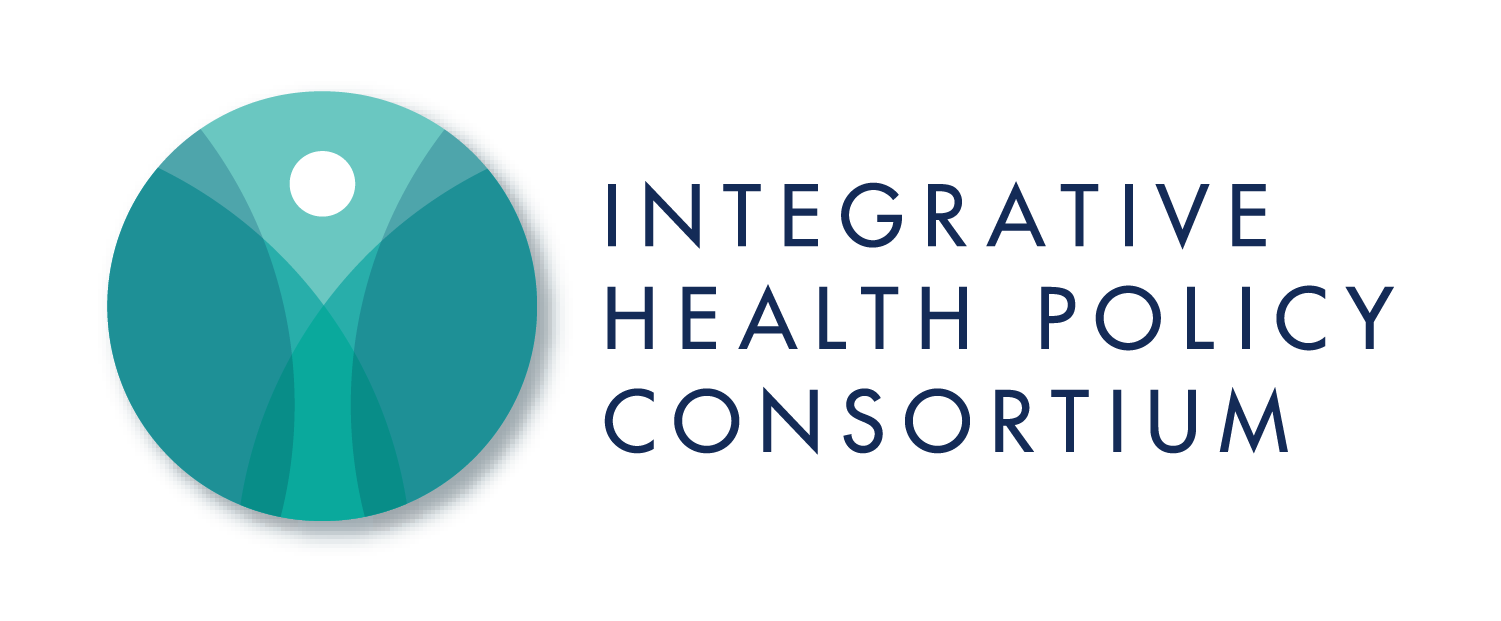IHPC Highlights FQHCs and Champions their efforts to Create Health Equity for a Growing Cross-cultural Segment of the U.S. population.
Federally Qualified Health Centers (FQHC’s) are a nationwide network of federal, state, and privately-funded community health centers that historically serve more than 28 million people, both uninsured or underinsured, providing essential health services at little to no cost to the patient. Now, with the COVID epidemic and the increase in people who have lost their jobs, the number of people served has surged to over 36 million. Before adding the numbers associated with the epidemic, FQHCs offered care for one in 12 people in the country, one in 9 of which are children, and 400,000 of which are veterans. There are approximately 12,000 of these community health centers across the U.S., all of which receive funding from the Health Resources & Services Administration (HRSA), within the U.S. Department of Health and Human Services.
FQHC’s have long addressed the economic and social drivers that are essential components of a comprehensive approach to population health. These issues are gaining bipartisan support under the umbrella of the Social Determinants of Health (SDOH). In 2019, Senator Todd Young (R-IN) introduced the Social Determinants Accelerator Act, a bill designed to facilitate state Centers for Medicare and Medicaid Services (CMS) funded grants for programs targeting high need Medicaid recipients using innovative Social Determinants Accelerator Plans.
The IHPC supports funding for FQHCs as fundamental to its mission to eliminate barriers to health. Additionally, since FQHCs often benefit from more programing flexibility than other federally funded programs, they are a growing source of innovative and integrative models of care. An exceptional example of an FQHC that is providing integrative care is the Petaluma Health Center, in Northern California, directed by Fasih Hameed, MD. In addition to providing a full range of integrative services, this clinic is embedded in the community, with innovative features including providing care in the schools, a community garden and teaching kitchen. Another outstanding example is the People’s Community Clinic, a federally qualified health clinic (FQHC) in Central Texas. IHPC’s former chair, Sharad Kohli, MD, recently wrote an article about how this Texas FQHC developed an integrative model for patients with pain.
Read Dr. Kohli’s article here

Add Comment